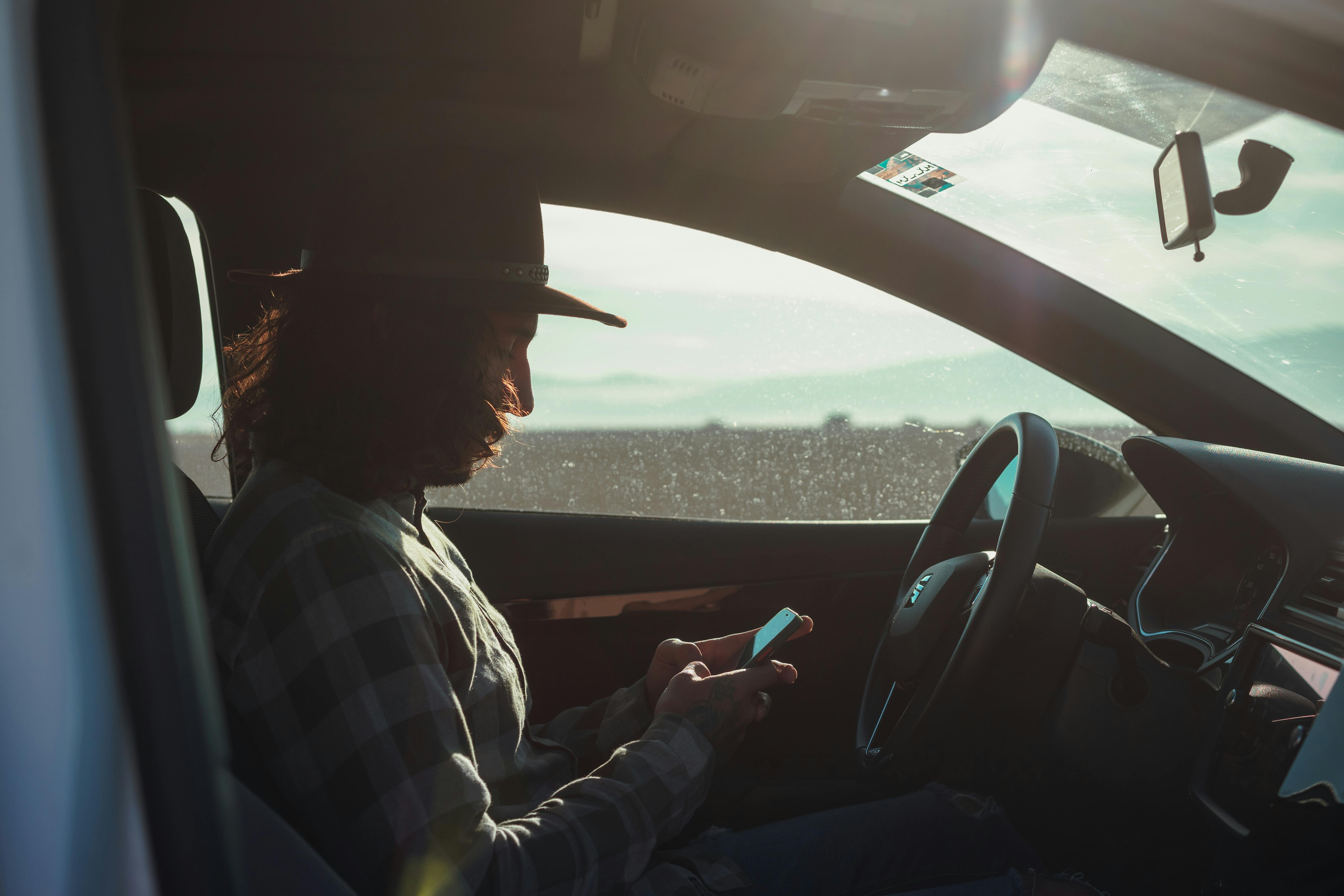Everyone always asks the same questions: First, they want to know how I got it. So they want to know what can cure it. And the toughest question of all: “When did you first notice that something was seriously wrong?” Just four years ago, he was bicycling throughout New York City, exercising regularly, socializing actively, creating art, crafting, and teaching Spanish and French at a high school in the slums of East Harlem. I am now confined to a motorized wheelchair and need help getting dressed and showering. I can no longer speak, at least not with my own voice. I use an augmentative communication device, an “aug-comm”, to speak. I type the words, which are then “spoken” by a female voice that is clear, if a bit robotic.
I answer these questions honestly because I don’t have time to play; ALS is a deadly disease. And that answers the second question: there is no cure. Aside from a medication that’s supposed to slow the progression, I take pills to relieve symptoms, including stiffness, painful muscle spasms, depression, and “emotional lability,” the name for the sometimes embarrassing bouts of uncontrollable crying or laughing. How did I get this? Theories include exposure to environmental chemicals, a virus, or even stress. When researchers determine the cause, they will be closer to a cure. As for when I noticed something was wrong, well, that’s tricky. When did it all start? Was it when I fell out of a chair I was standing on while changing the bulletin board outside my classroom? Several months later, I could barely get through a meal without coughing, seemed to have an asthma attack after every workout, could barely get up from a chair, tripped or fell every day, and slurred like a seedy drunk. This wasn’t stress or premenopause. I went to the experts, and the prognosis was bleak. Most ALS patients die within two to five years of symptom onset, some sooner, some later. My clock was ticking and my dreams died.
To say that ALS/Lou Gehrig’s Disease has changed my life is an understatement of epic proportions. Sure, many of the changes are obvious. But some are very subtle, only noticeable if you knew me before ALS, before this progressive and fatal neurological disease began systematically killing my motor neurons. Eventually, the muscles in my diaphragm will weaken to the point where I can no longer breathe on my own. I want to do some things that I left for “someday” because I thought that tomorrow would always be there for me. We all do. “Do not leave for tomorrow what you can do today”. I only have today; I don’t know how many tomorrows there will be for me. Does anyone really know?
Years ago I worked with a man who received a grim diagnosis; it was 1986 and he discovered that he had AIDS. In those days, AIDS was a death sentence. While he still had some strength, he decided to take advantage of all his assets and go on a trip around the world. He did it and then he came home to die. How romantic, I thought at the time. What would I do if they told me I only had a few months to live? I always carried a list in my head: I would see the places I have never seen, like Austria, Germany, the South Pacific, the Andes. I would go back to places I have already been and loved: Ireland, England, Scotland, Japan, the Caribbean. Somehow I would get Herman’s Hermits to sing for me again. I would have lunch with Yoko Ono. When I got back down to earth, my list went down to earth too: writing the book that’s been in my head for years, finishing collages and mixed-media projects that sit unfinished in my closet, living in Manhattan, doing something to better the world. . , finish my family tree. The problem is that most of us learn that our time is short when we are too weak to do anything or die suddenly. In my case, I tire easily and medical expenses have depleted my finances. I can’t afford a trip around the world. However, I have injured hands that can still operate a keyboard and the doctors tell me that my disease is progressing rather slowly. I have been living with ALS for three years and although every day is a gift, I have no time to lose. I move very slowly these days, but I still have to move fast.
But a slower pace has given me a new opportunity. Listening was not one of my strongest assets; my mouth always went In fact, I let other people do the talking now. I have slowed down and I stop to observe, to look and yes, to smell the flowers. Now that I can’t chew or swallow like I used to, I’ve become much more creative with food. If it can be pureed, blended, or blended, I can “eat” it. I sit, think and write (or, in my case, type). I keep an online journal, a blog, and have loyal readers.
There are many things that ALS has not changed. I’m still the same person inside. The only thing ALS saves is intellect, and mine is still there. I am still a lifelong learner and still love to read, discuss politics, do crossword puzzles, and watch TV and good movies. ALS has taken away my ability to speak, but not my voice. Always independent, I have had to learn to accept help. It is true that “one finds out who his friends are” when he goes through such a disease. Many people you took for granted have disappeared from the radar. But now I have a circle of special people around me, who are okay with seeing me in a wheelchair or hearing my new robotic voice. They don’t feel guilty about chewing on steak or ribs while I drink a yogurt shake or meal replacement shake. They are patient, because everything I do is in slow motion. “Life is too short” has taken on a whole new meaning for me. Now I have a different perspective, and sometimes it almost feels like I have a different set of eyes, because I see things I’ve never seen before. Or maybe I never slowed down enough to watch, to take it all in. ALS took away some of my skills, but it gave me new ways of expressing myself. I guess that’s why I’m writing, something I was going to do one day. Someday is here, someday is now.



